The views expressed in our content reflect individual perspectives and do not represent the authoritative views of the Baha'i Faith.
The photograph haunts me still.
Reprinted in a devastating compilation entitled Without Sanctuary: Lynching Photography in America (warning: images on this site are graphic), it shows two dead black men hanging from a massive tree as some white men and women, in a large crowd, look toward and smile for a camera–and a future postcard to be framed with the hair of the victims–in August of 1930.
Suddenly and without warning, I thought of that postcard as I considered recent events, the killing of black men and boys by policemen or self-appointed watchmen in Florida, Missouri, New York and Ohio, and read the explanations, the defenses, the excuses.
The officer who killed Michael Brown in Ferguson, Missouri reported, “When I looked at his face, I didn’t see his face. I thought I was looking into the eyes of a demon.” Violent confrontations generate strong emotional reactions, but I remain disturbed and confused by a police officer choking a man even after he repeatedly says, “I can’t breathe.” What did another white officer really see when he shot a twelve year old boy with a gun after a two second arrival in a Cleveland park? I continue to struggle with these and other depressingly familiar questions as I confront the mysteries of violence and human nature again and again.
As a black man, I remain astounded by the power I have on the imagination and emotions of so many Americans. I’ve found that I often evoke a curious mixture of dread and envy, contempt and bemusement, anger and denial. The object of these contradictions is, of course, unreal, a killer clown with a foolish grin, a demon phantom with horns, bulging muscles wielding an assault weapon with reckless disregard for chastity, the family, and public safety; a destroyer who can run with the speed of a leopard, holding a small rubber ball as millions cheer. Has this image become so powerfully real that all black men have become stereotypes–or invisible?
Fearing this, I become tense when I see a police car, wondering if this is the moment when the officers, full of dread because of their own fears and daily encounters with suspicions and criminals of all kinds, will assume the worst and shoot first? I have warned my sons, two tall, imposing young men, to be wary but stay polite and calm, avoiding if possible the unintended evocation of the beast in their eyes.
We have always been a dark glass through which white Americans have defined themselves, serving as a metaphor for the worst in American life. We stand at the very center of the debate about human nature on this continent, and have become a myth, an enduring image passed down through generations. Those smiling white men and women in the lynching postcard did not see human beings hanging from that tree; they saw the other, the “not us,” the absence of light; darkness itself. Hatred and ignorance morally blinds, and dehumanization creates fear.
No one is immune. Bigotry, discrimination, prejudice, hatred and racism lives within us at deep levels impervious to reason, generating cycles of self loathing, anger, resentment, rationalization, denial, and hypocrisy that seem unending and self justifying.
The Baha’i teachings say we all need to know more, listen more, try to understand each other, engage in open and honest dialogue. Recent events have generated needed discussions and conversations; and they must continue because hatred is the coward’s revenge, and the hater must inevitably come to terms with the diminishment of his own self because he cares so much about something as transient as skin color.
What is the antidote? The eyes have it, but what we see is not as important as how we see. As hatred lives in the heart beyond the reach of reason, so must reconciliation and acceptance. An enduring change can only occur in the deepest recesses of need, stirred by a vision of self and humanity so overwhelming in its power it will change how we see and what we do. We need a revolution in our perceptions of each other, and I sense that it will come only if our very identities compel us to make this profound shift.
When I was a teenager, I marveled at the people, black and white, who endured taunts, spit, blows, jail and water hoses in order to share in the promise of equality and justice for all. How could they do it, I asked myself? Now I know: their very selves were at stake; as human beings who truly believed in the promises of equality, they could do nothing else. Identity matters.
Today we need a new identity, an identity that will compel us to reverse the cycles of history and embrace new possibilities for all of us. We must become world citizens, citizens beyond the old categories of race, beyond the politics of division and recrimination:
O contending peoples and kindreds of the earth! Set your faces towards unity, and let the radiance of its light shine upon you. Gather ye together, and for the sake of God resolve to root out whatever is the source of contention amongst you. Then will the effulgence of the world’s great Luminary envelop the whole earth, and its inhabitants become the citizens of one city, and the occupants of one and the same throne. – Baha’u’llah, Gleanings from the Writings of Baha’u’llah, p. 217.
Current events have reinforced my conviction that the acceptance of the oneness of humanity, the fundamental principal of the revelation of Baha’u’llah, will lighten the burdens of history, and free us to see each other as human beings and members of one family. This may come as a reasoned conclusion; but for the habits of centuries to be broken, it must come with the powerful force of need, a need deeper than hatred itself.
As Horace Holley said years ago in his collections of essays, Religion for Mankind, “The beginning and ends of all things on earth are matters of faith.” And for faith itself, there is one precondition, inspiring Thoreau to end his great book, Walden, with this powerful affirmation: “Only that day dawns to which we are awake. There is a new day to dawn. The sun is but a morning star.”
You May Also Like
Comments



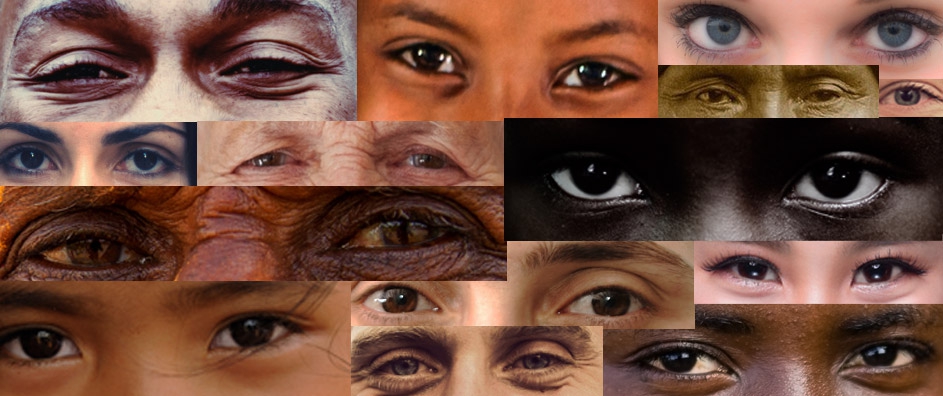
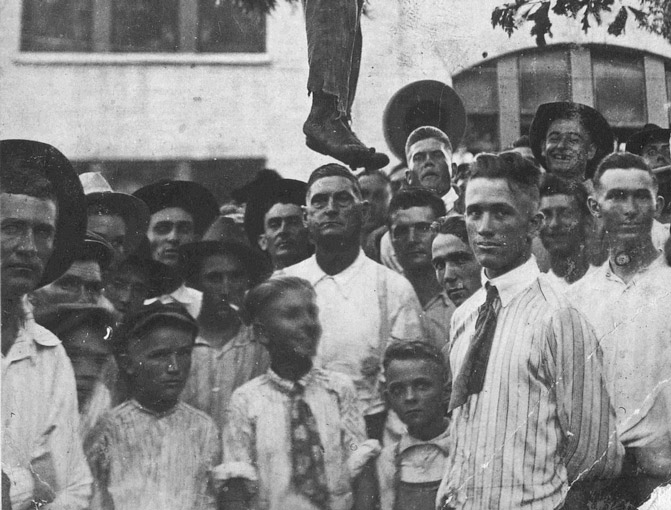
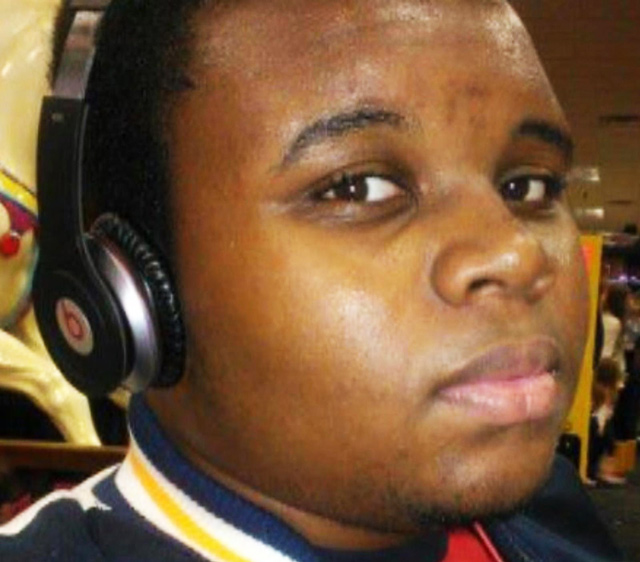
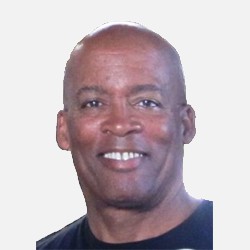
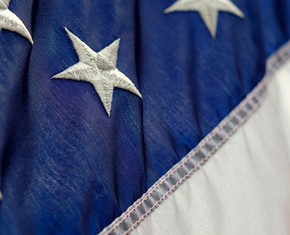
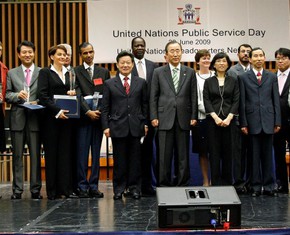
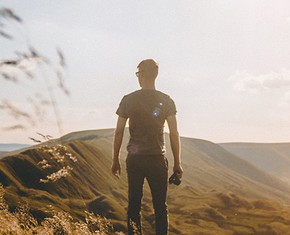









"...each of the successive crises in the fortunes of a decadent age exposes more convincingly than the one preceding it the corrosive influences that are fast sapping the vitality and undermining the basis for its declining institutions." (Advent of Divine Justice, Paragraph 2)